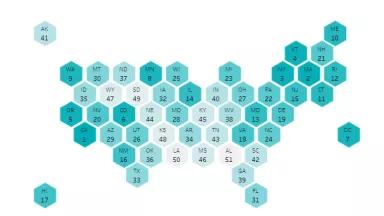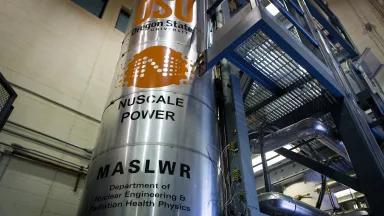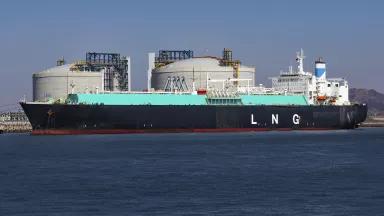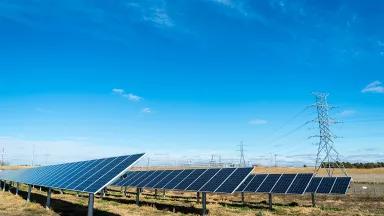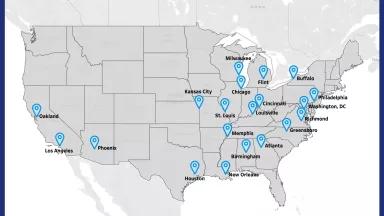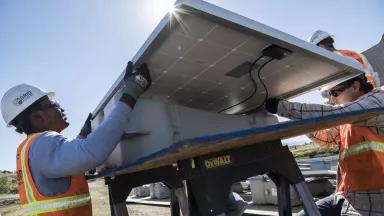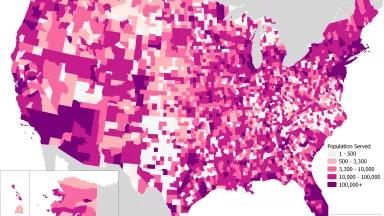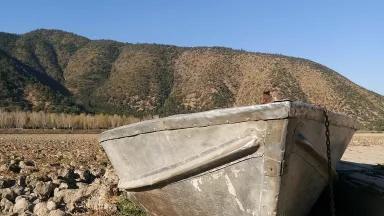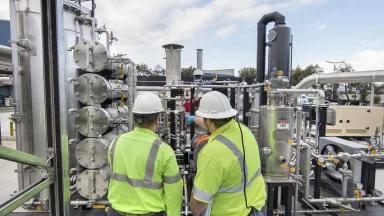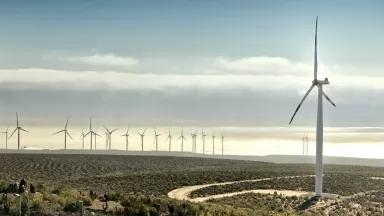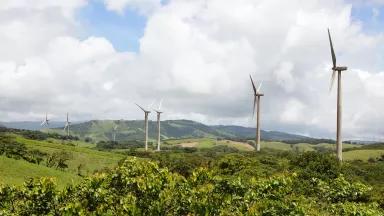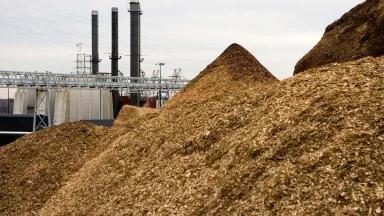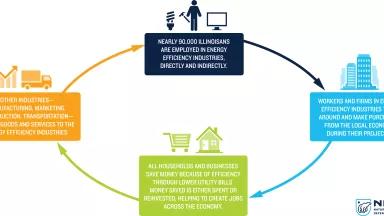Data, Reports & Resources
NRDC is a leader and trusted source in environmental policy and research.
From reports to issue briefs, we ensure accountability through peer review led by our Science Office, which provides data and scientific analysis that help shape and guide NRDC’s policies and positions. We also offer a range of other resources, such as 101 guides and consumer-focused scorecards to increase access to knowledge about how everyone can be a catalyst for change.
Skip carousel items




Food Waste 101
GuideUnited StatesShelia Hu
An overview of why we throw away so much food, how it impacts people and the planet, and what we can do to waste less.

Neonics: The Toxic Truth
Fact SheetUnited States, Minnesota, Michigan, California, ColoradoAllison Johnson, Daniel Raichel, Lucas Rhoads, Lena Freij
Pesticides kill bees, pollute water, and threaten our health.

Single-Use Plastics 101
GuideUnited StatesCourtney Lindwall
Here’s everything you need to know about the most ubiquitous (and avoidable) kind of plastic waste: the kind made to be tossed in mere minutes.
Viewing 1 - 20 of 44
